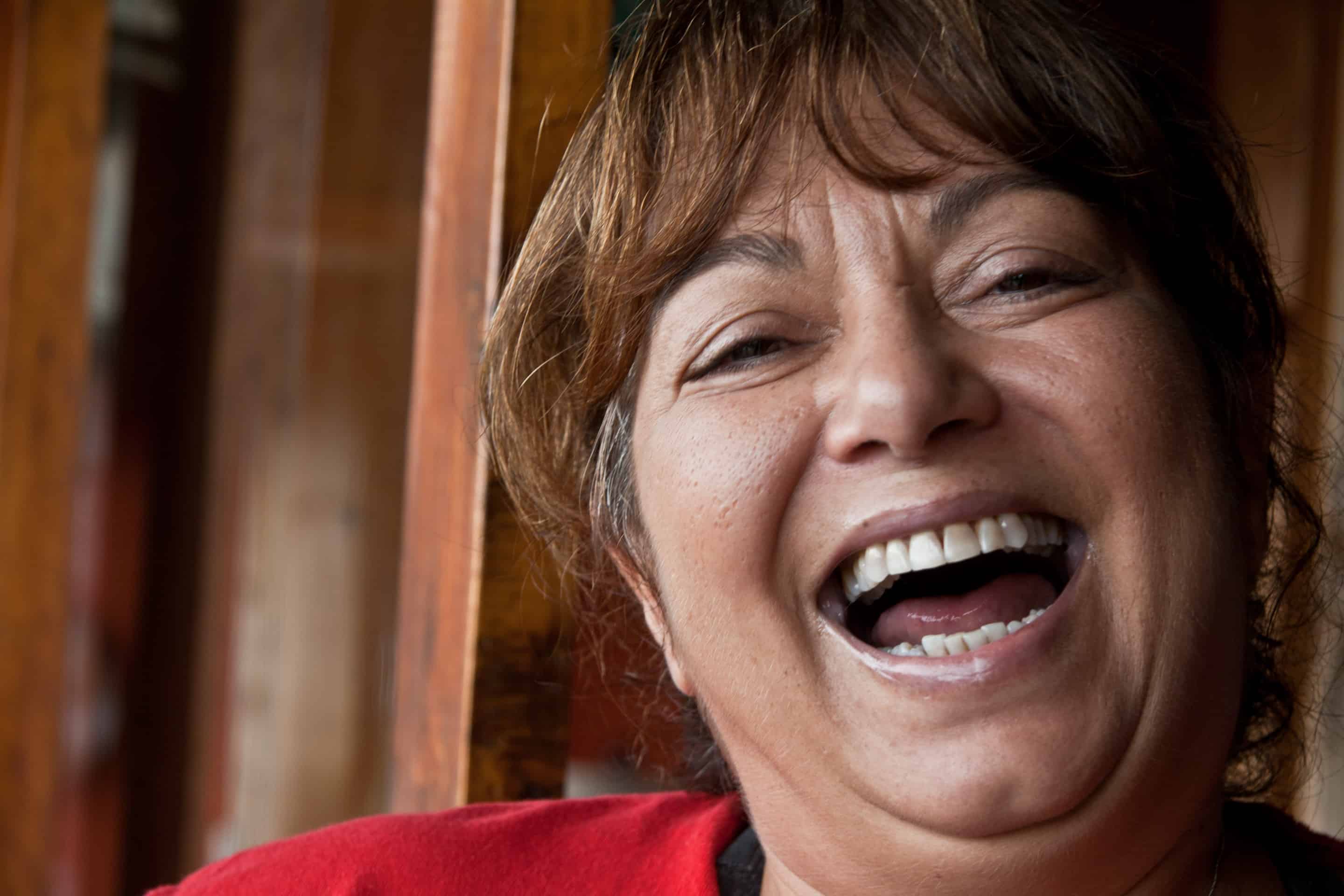PARIS — Happiness is a state of mind, the gurus say. Well, actually, it could be more a function of genes, the authors of an unusual scientific study asserted on Thursday.
Nations whose inhabitants boast a certain gene variant, they found, had much higher self-reported happiness levels. And the northern part of Latin America won the genetic lottery — with Mexico at the head.
Happiness at the national level was more closely related to this gene variant than factors like wealth, country stability, or even disease prevalence — possibly explaining, for example, why Nigerians rate themselves happier than Germans.
“Feeling happy, relaxed, and in a good mood does not depend on the prosperity and safety of a country,” study co-author Michael Minkov of the Varna University of Management in Bulgaria told AFP.
“Actually, the correlation between happiness and safety seems to be inverse. The highest murder and robbery rates in the world are in northern Latin America and sub-Saharan Africa, and that is precisely where the happiest and most relaxed people are.”
The study, published in the peer-reviewed Journal of Happiness Studies, claims to be the first to show a link between genetics and happiness at the national level.
Minkov and his colleague Michael Harris Bond from Hong Kong Polytechnic University relied on the World Values Survey, a ranking based on questionnaires in which respondents have to rate themselves as “very happy,” “rather happy,” “not very happy,” or “not at all happy.”
They compared this to data on the ethnic prevalence of “A allele,” a variant of a gene involved in regulating anandamide, a substance that enhances sensory pleasure and helps reduce pain.
The country with the highest happiness rating, Mexico, also had the highest estimated prevalence of A allele, the researchers found. Colombia, Venezuela, and Ecuador also had high ratings for both, as did Ghana and Nigeria.
Iraq and Jordan, along with Hong Kong, China, Thailand, and Taiwan — all of which had a low prevalence of A allele — were also the least likely to rate themselves as “very happy.” Northern Europeans had a much higher prevalence of the A allele and rated themselves happier than those in central and southern Europe. The genetic data used corresponded to ethnicity, which meant researchers had to estimate “national” figures by taking into account each country’s mix of ethnic groups.
Evolution was one possible explanation for higher A allele prevalence in equatorial and tropical environments, said Minkov. Perhaps “to survive in those stressful societies, you need genes that help you cope with the stress,” he said. The same may be true for cold, harsh northern Europe.
Genes are, of course, not the whole story, the team emphasized.
And there were exceptions: Russians and Estonians, with high A allele prevalence, scored low on the happiness scale. This “may be a lasting effect of the economic and political difficulties that East European countries continue to experience,” the authors wrote.






